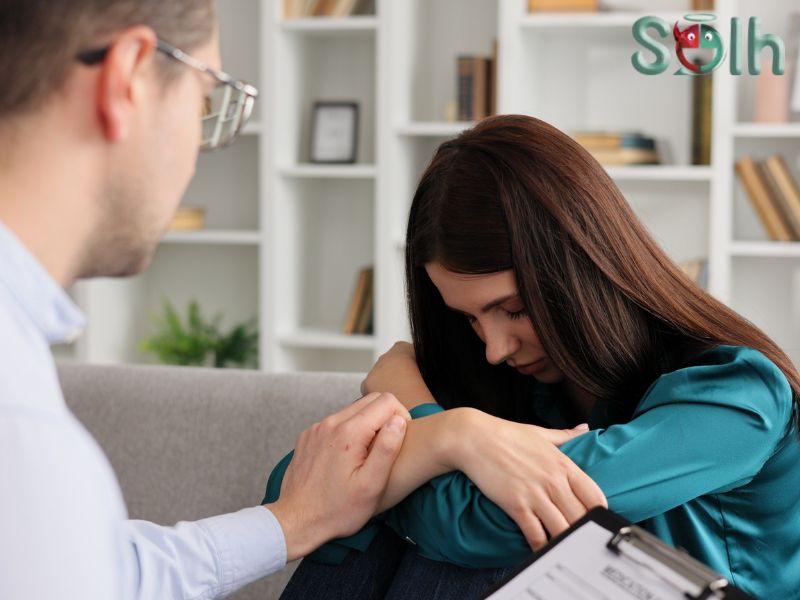Anxiety is a normal stress response, but when it starts interfering with your daily life, it may be time to take a closer look. Anxiety can take many forms and impact people of all ages and backgrounds. It is essential to recognize the signs of physical and emotional anxiety so that you can seek help and learn to manage your symptoms. This blog will discuss the common signs of anxiety and ways to cope with them.
Physical Symptoms of Anxiety
Anxiety can showcase many physical symptoms that can be difficult to ignore. Some of the common physical symptoms of anxiety include:
1. Muscle Tension: Anxiety can cause muscle tension, resulting in soreness or aches in your neck, shoulders, or back.
2. Nausea: Anxiety can make you feel nauseous, leading to a loss of appetite or an upset stomach.
3. Sweating: Anxiety can cause excessive sweating, even in cool temperatures or without physical activity.
4. Rapid Heartbeat: Anxiety can cause your heart to race, leading to palpitations or tightness in your chest.
5. Shortness of Breath: Anxiety can make breathing difficult, leading to feelings of suffocation or tightness in your chest.
6. Headaches: Anxiety can cause tension headaches, migraines, or other types of headaches.
Emotional Symptoms of Anxiety
Anxiety can also be identified through emotional symptoms that can be equally challenging to manage. Some of the common emotional symptoms of anxiety include:
1. Excessive Worrying: Anxiety can cause you to worry excessively, even about minor things, leading to feelings of overwhelm or helplessness.
2. Irritability: Anxiety can make you irritable or easily agitated, leading to conflict in your relationships or work environment.
3. Restlessness: Anxiety can make you feel restless or fidgety, making it difficult to focus or relax.
4. Fear: Anxiety can cause you to feel afraid or panicked, leading to feelings of dread or terror.
5. Insomnia: Anxiety can make falling or staying asleep difficult, leading to fatigue and exhaustion.
6. Avoidance: Anxiety can cause you to avoid situations or people that trigger your anxiety, leading to social isolation or loneliness.
Coping with Anxiety
If you are experiencing any of these symptoms, seeking help from a healthcare professional is important. There are many ways to manage anxiety, including:
1. Therapy: Talking to a therapist can help you learn coping strategies, such as relaxation techniques, cognitive-behavioral therapy, and exposure therapy.
2. Medication: Antidepressants, anti-anxiety medications, and beta-blockers can help reduce the physical symptoms of anxiety.
3. Lifestyle Changes: Stress-reduction techniques, such as exercise, meditation, or yoga, can help you manage your anxiety.
4. Self-Care: Prioritizing self-care activities, such as getting enough sleep, eating a healthy diet, and engaging in enjoyable activities, can help you feel more balanced and relaxed.
5. Support: Connecting with others who understand what you are going through can help reduce feelings of isolation and provide a sense of community.
Conclusion:
Recognizing the signs of anxiety and seeking help from a healthcare professional can help you learn coping strategies and improve your quality of life. If you are suffering from anxiety issues, seeking outside help might be your best option.
At Solh Wellness, we strive to replace stress, sadness & loneliness with peace & joy. Our comprehensive tools & solutions aim to fulfill that by giving you a judgment-free & like-minded community under one roof. You can also connect with mental health experts who will provide the best solutions. Feel good with Solh Wellness.



